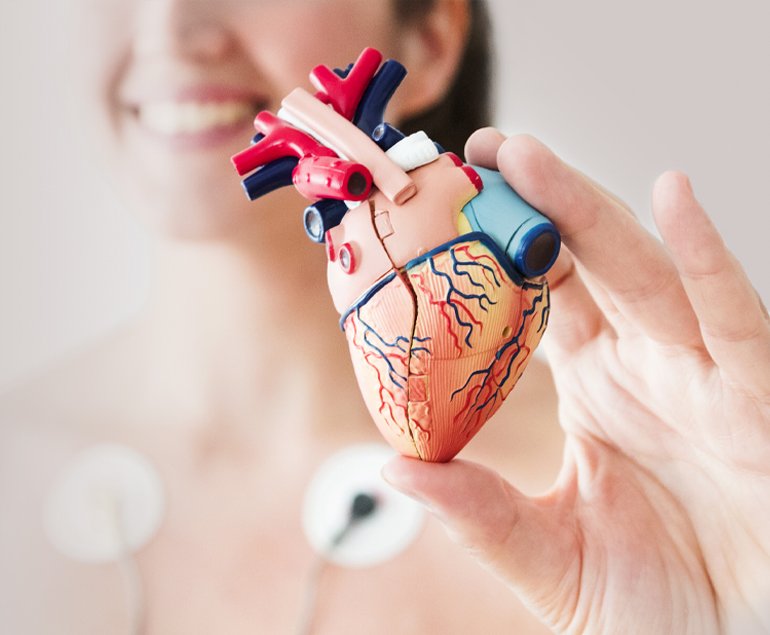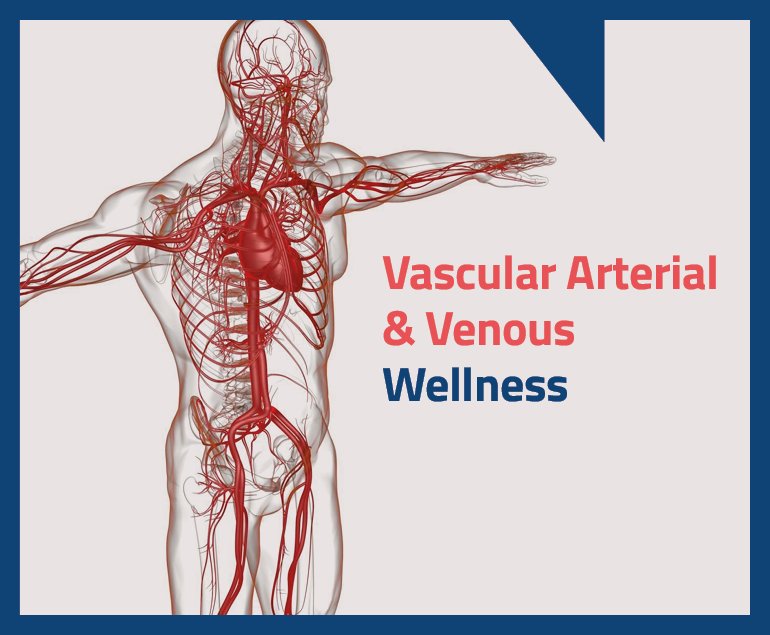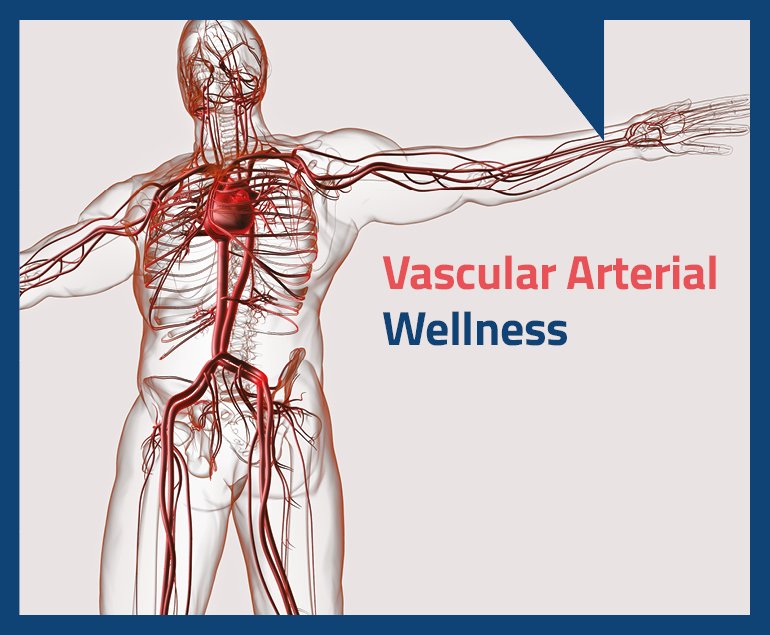Overview of Electrophysiology at Northern Heart Hospital
Electrophysiology is a branch of cardiology that focuses on the electrical activity of the heart. It involves the study of the heart’s electrical system and the diagnosis and treatment of abnormalities in heart rhythm, known as arrhythmias.
Electrophysiologists use specialised techniques and tools to assess the heart’s electrical signals, including electrocardiograms (ECGs), electrophysiology studies (EPS), and cardiac mapping. Treatment options may include medication, cardiac ablation, pacemakers, implantable cardioverter-defibrillators (ICDs), and other devices to regulate heart rhythm and prevent complications associated with arrhythmias.
Electrophysiology plays a crucial role in managing various heart conditions and improving patient outcomes.
Experienced Electrophysiologist in the region at Northern Heart Hospital
Dr. Tuan Jiun Haur
Discover top-notch cardiac care with Northern Heart’s skilled Electrophysiologist. Schedule an appointment today!
Common symptoms that may indicate a need to see an electrophysiologist include:
- Palpitations
Feeling of rapid, pounding or irregular heartbeat. - Recurrent fainting (Syncope)
Sudden loss of consciousness, often related to heart rhythm disturbances. Unexplained fainting or near-fainting episodes. - Dizziness or Lightheadedness
Leading to fainting, loss of consciousness. - Shortness of breath
Difficulty breathing during activity or at rest. - Chest pain or discomfort
Feeling of pressure, tightness or pain in the chest, especially if it occurs with palpitations or exertion. - Fatigue
Unusually feeling tired or weak even with adequate rest - Episodes of rapid or slow heart rate
Noticeable changes in heart rate, such as tachycardia (rapid heartbeat) or bradycardia (slow heartbeat). - Fluttering sensations in the chest
Feeling of rapid, irregular heartbeats or fluttering in the chest area. - Family history
Known family history of sudden cardiac death or inherited heart rhythm disorders.
Cardiovascular (heart) conditions that may necessitate seeing an electrophysiologist include:
- Arrhythmias
- Atrial Fibrillation
- Ventricular Tachycardia
- Bradycardia
- Tachycardia
- Syncope
- Heart block
- Long QT syndrome
- Wolff-Parkinson-White syndrome
- Bundle branch blocks
- Sudden cardiac arrest
- Implantable device management
- Catheter ablation
At Northern Heart Hospital, we specialise in diagnosing irregular heart rhythms to ensure optimal cardiac health.
- Electrophysiology Study + Radiofrequency Ablation of Cardiac Arhythmia (EPS + RFA)
- Implantable devices:
- Implantation of Pacemaker (Single & dual chamber) (PPM)
- Implantation of Implantable Cardioverter Defibrillator (ICD)
- Implantation of Cardiac Resynchronization Therapy (CRT-P/D)
- Insertion of Temporary Pacemaker (TPM)
- Insertion of Loop Recorder
In managing irregular heart rhythms, various approaches are employed to restore normal cardiac function and ensure optimal cardiovascular health.
- Pacemakers
Small devices implanted under the chest wall skin to address slow heartbeats. - Cardioversion
Electrical shock administered to the heart to restore normal electrical activity and manage fast heartbeats. - Catheter ablation
A procedure involving a catheter inserted into the heart to treat abnormal heartbeats using radiofrequency or cryo-energy, often performed alongside Electrophysiology Study. - Medication
Some abnormal heart rhythms can be managed with medication alone. - Lifestyle changes
Simple lifestyle adjustments or observation may suffice for certain abnormal heartbeats.
Cardiac Electrophysiology – Frequently Asked Questions
Cardiac Electrophysiology (EP) is a branch of cardiology that focuses on the electrical activity of the heart, including the diagnosis and treatment of heart rhythm disorders (arrhythmias).
You should consider seeing an Electrophysiologist if you experience symptoms such as palpitations, fainting, dizziness, shortness of breath, or if you have been diagnosed with a heart rhythm disorder.
Cardiac Electrophysiology treats a wide range of conditions, including atrial fibrillation, ventricular tachycardia, supraventricular tachycardia, bradycardia, heart block, and other arrhythmias.
Diagnostic tests used in Cardiac Electrophysiology include electrocardiograms (ECG or EKG), Holter monitors, event monitors, echocardiograms, Electrophysiology studies (EPS), and cardiac imaging tests such as MRI or CT scans.
Treatment options for heart rhythm disorders include medication therapy, catheter ablation, pacemaker implantation, cardioverter-defibrillator (ICD) implantation, and cardiac resynchronisation therapy (CRT).
To prepare for an Electrophysiology study (EPS) or procedure, your doctor may ask you to avoid eating or drinking for a certain period of time before the procedure, and may also adjust your medication regimen.
Risks associated with Cardiac Electrophysiology procedures include bleeding, infection, blood vessel injury, and complications related to anesthesia. Serious complications such as heart attack or stroke are rare but possible.
Recovery time after an Electrophysiology procedure varies depending on the type of procedure performed and individual factors. Most patients can resume normal activities within a few days to a week after the procedure.
Follow-up appointments with your Electrophysiologist may be necessary to monitor your progress, adjust medications, and check the function of any implanted devices.
Preventive measures for heart rhythm disorders may include adopting a heart-healthy lifestyle (such as maintaining a healthy weight, exercising regularly, and avoiding excessive alcohol and caffeine), managing underlying medical conditions (such as high blood pressure or diabetes), and avoiding triggers such as stress and certain medications.
Discover top-notch cardiac electrophysiology care with Northern Heart’s skilled electrophysiologist. Schedule an appointment today and experience exceptional electrophysiology care firsthand.
Cardiac Electrophysiology (EP) is a branch of cardiology that focuses on the electrical activity of the heart, including the diagnosis and treatment of heart rhythm disorders (arrhythmias).
You should consider seeing an Electrophysiologist if you experience symptoms such as palpitations, fainting, dizziness, shortness of breath, or if you have been diagnosed with a heart rhythm disorder.
Cardiac Electrophysiology treats a wide range of conditions, including atrial fibrillation, ventricular tachycardia, supraventricular tachycardia, bradycardia, heart block, and other arrhythmias.
Diagnostic tests used in Cardiac Electrophysiology include electrocardiograms (ECG or EKG), Holter monitors, event monitors, echocardiograms, Electrophysiology studies (EPS), and cardiac imaging tests such as MRI or CT scans.
Treatment options for heart rhythm disorders include medication therapy, catheter ablation, pacemaker implantation, cardioverter-defibrillator (ICD) implantation, and cardiac resynchronisation therapy (CRT).
To prepare for an Electrophysiology study (EPS) or procedure, your doctor may ask you to avoid eating or drinking for a certain period of time before the procedure, and may also adjust your medication regimen.
Risks associated with Cardiac Electrophysiology procedures include bleeding, infection, blood vessel injury, and complications related to anesthesia. Serious complications such as heart attack or stroke are rare but possible.
Recovery time after an Electrophysiology procedure varies depending on the type of procedure performed and individual factors. Most patients can resume normal activities within a few days to a week after the procedure.
Follow-up appointments with your Electrophysiologist may be necessary to monitor your progress, adjust medications, and check the function of any implanted devices.
Preventive measures for heart rhythm disorders may include adopting a heart-healthy lifestyle (such as maintaining a healthy weight, exercising regularly, and avoiding excessive alcohol and caffeine), managing underlying medical conditions (such as high blood pressure or diabetes), and avoiding triggers such as stress and certain medications.
Discover top-notch cardiac electrophysiology care with Northern Heart’s skilled electrophysiologist. Schedule an appointment today and experience exceptional electrophysiology care firsthand.
Related Heart Screening Package
Related Health Blogs
Living With A 100% Blocked Heart Artery Doesn’t Mean Game Over
Being told you have a 100% blocked heart artery can feel overwhelming, but it does not mean the end …
Best New Year Resolutions for Health: Putting Your Heart First
The New Year is the perfect time to prioritise what truly matters. Discover why advanced heart scree…
Vascular Screening: Saving Lives and Limbs through Early Detection
Vascular disease often develops silently until serious complications arise. Northern Heart Hospital …






